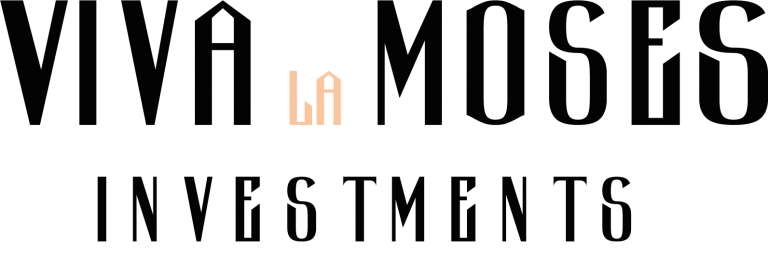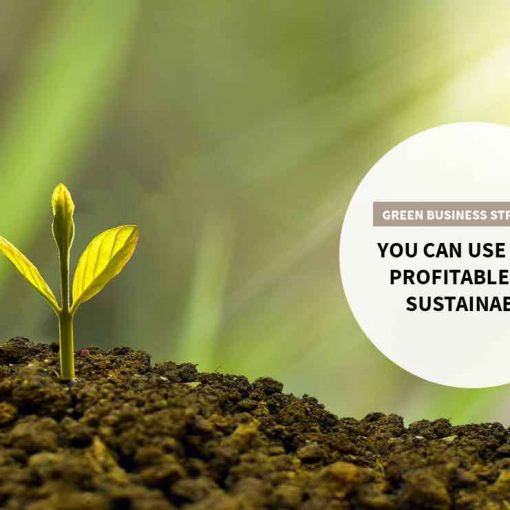
Business development refers to the process of acquiring and developing clientage and getting business opportunities to promote growth and profitability. In a nutshell, it is a process that includes ideas, activities, and initiatives that promote a business.
The scope of developing a business is very wide and can vary from organization to organization. Business professionals work to develop a business or a company by looking for new areas to improve by evaluating its performance.
Business Development – A Beginner’s Guide
While setting up a business, a businessman often finds challenges and difficulties in promoting the business, targeting audiences and lacking updates about changes in markets. Doing business in such a scenario gives you little profit, and it is pretty hard to succeed. That’s why companies often hire BD professionals to work on improving corporate relationships and grabbing opportunities to attract prospects.
An Advanced Approach
Business development is the advanced level of sales. An employee in a company might join as a sales representative. Over time his knowledge about business and the market increased, his exposure and understanding of the market enhanced, and he might switch to sales development and then find new prospects and channels for promoting business.
This type of business process is an important relational process. The objective of the process is to identify and nurture relationships that will pave the way for new business opportunities in future.
Business Development Plan

This type of business plan is a piece of document which sets your goals for growth and outlines the ways you can achieve them. It is basically how you administer your business growth strategy. It deals with both sales and marketing functions.
Business Development (BD) Vs Sales
Some people confuse sales with BD, as many people associated with sales have taken to use the title of business developers. But it’s not all about sales. It involves finding new growth opportunities and using strategic partnerships to open up new markets.
Among various other responsibilities, one duty of BD representative is to utilize contacts to make a deal and then push the qualified deals down the sales department, but they do not close the deal. The primary function of the sales department is to generate money. It is a sales employee’s job to demonstrate the product, make a negotiation and then close the deal. When BD and the Sales department work together to streamline the sales process, converting opportunities into clientage becomes easier. The skillsets of both departments overlap to some extent, and that’s why in some organizations BD team works as a subset of the sales department. While in some organizations, BD works separately as a full fledge department. It involves the lead generation and qualification and supporting the Seller-doers for closing the new clients.
Business Development (BD) Vs Marketing
Marketing refers to the process of undertaking activities to promote the buying and selling of a product or service to a certain consumer base. It also addresses which market and audiences you will target and which products you will promote. All these activities consequently lead to an increase in the flow of qualified leads and opportunities. Therefore, BD relies on marketing to generate leads, and the marketing department depends on development department to nurture those leads into sales opportunities.
Historically, BD has been a sub-department of marketing where BD’s title addresses developing new marketing channels.
What does a BD representative do?
The job specifications of a BD Representative may vary from company to company, but a typical BD representative does the following jobs.
1- Qualify leads
Every business needs new customers to grow but not every prospect is the right fit for your business. BDR searches and identifies whether the lead is the right fit for the business.
BDR searches prospects through various sources like calls, social media, emails, and web forms. The process of qualifying leads also involves considering their needs to determine whether your product meets their need. This process is crucial for a business to maintain long-term value.
BDR commonly qualifies leads using a framework called BANT. It provides a straightforward framework for identifying a prospect in a business-to-business sales setting. BANT stands for
- Budget: Does the prospect have an available budget to invest?
- Authority: Does the prospect have full authority over his decisions?
- Needs: Does my product meet the needs of the prospect?
- Timing: when does the prospect want the product?
The BDR must become an expert in BANT criteria which ensures that every qualified lead has a high probability of becoming a customer and making a deal.
2- Communication
After searching and identifying prospects, BDR communicates with them directly to determine whether or not the prospect’s need is met by your product or service after becoming a customer. In this way, the customer’s loyalty and trust.
After identifying and communicating, prospects are passed to the sales department for making a deal.
3- Seeking New business opportunities
One of the major duties of the BD is to explore the market and have knowledge about its conditions to target business opportunities. A BDR searches for potential sites that can help in business promotion.
Furthermore, BDR finds new opportunities through networking, referrals, researching the competition, and communication. After a business opportunity is pinpointed, BDRs arrange market assessments and meetings with sales reps to determine whether this opportunity is worth it or not.
4- Stay up to date
A BDR should have proper knowledge about the market and the demands of its target audience. It is essential to stay up to the minute about market trends, new products in the market, business strategies, and target audiences. This will help in the preparation for any market shifts.
5- Reporting to the sales department
A BDR has to regularly report to the salespeople their findings, like business opportunities and prospects. They have to discuss the strategies to target the audience, qualify leads, and how cultivate them into customers.
6- Promote satisfaction and loyalty
When communicating with a prospect, A BDR should make sure the communication is tailored toward the prospect. By customizing all the content being sent to prospects, you will promote the satisfaction and feeling of being heard and cared for. Thus, new customers will become regular customers.
Conclusion:
It is inferred that when it comes to organizational growth business development acts as a glue that binds together a company’s functions. It also helps a business to grow, and improve its sales, profits, customer service and brand awareness.




